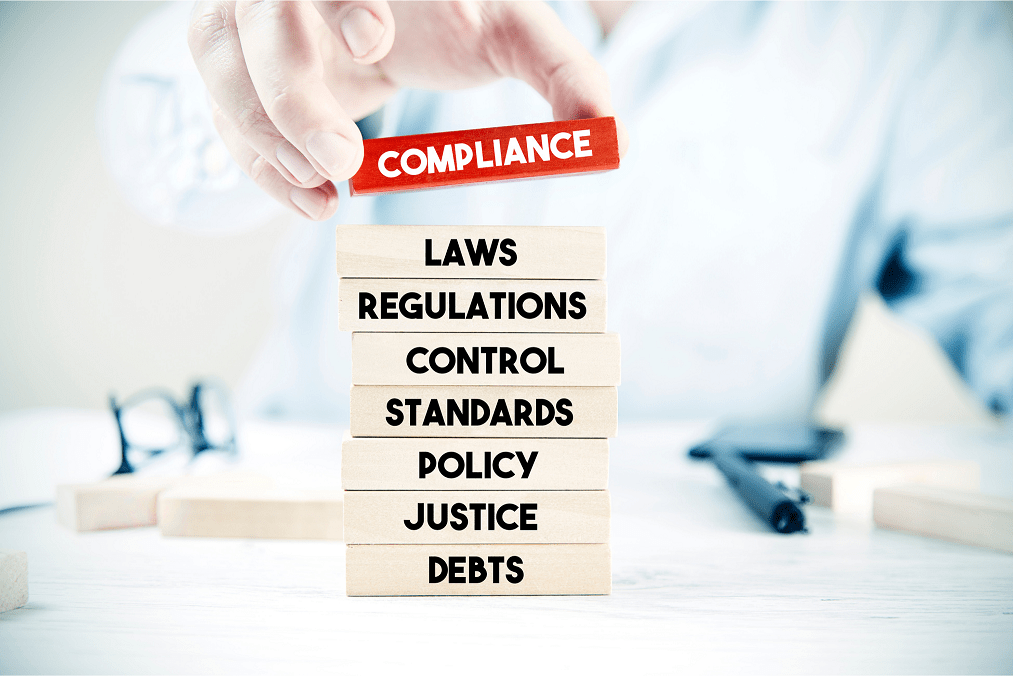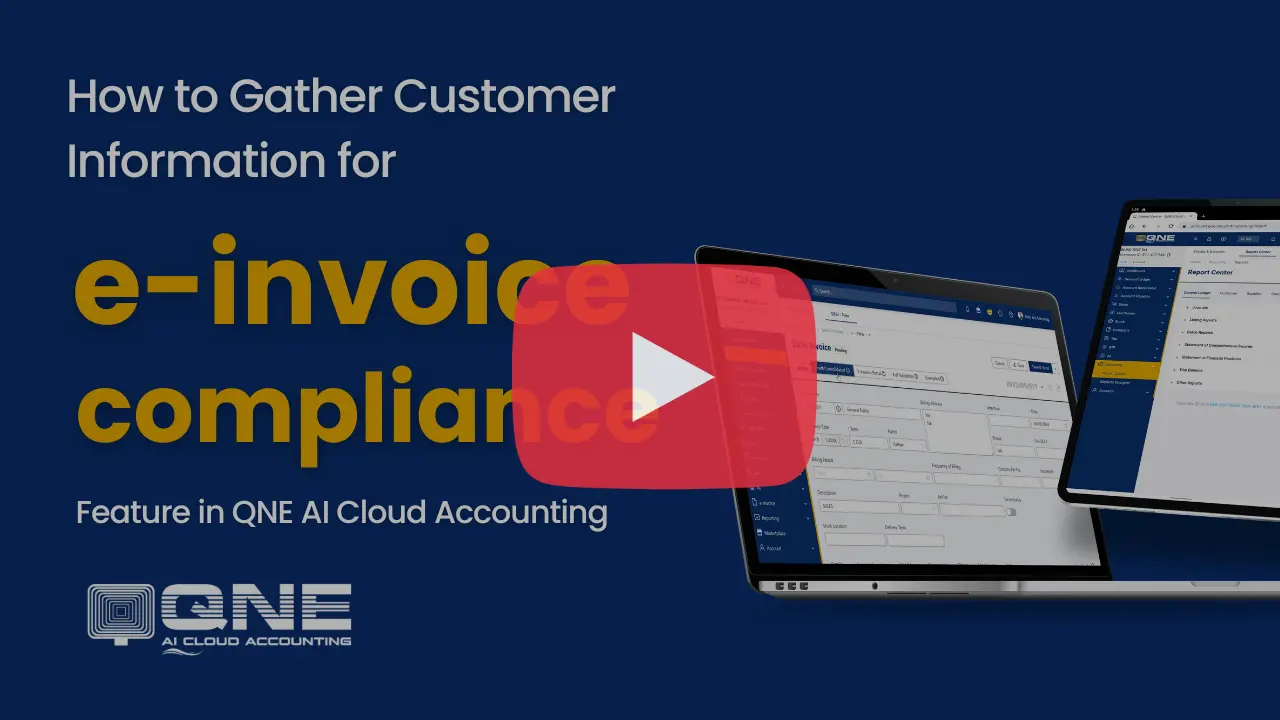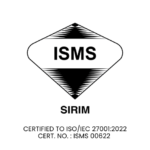Streamlining Indirect Taxes: The Benefits of Voluntary Disclosure Program
Voluntary Disclosure also known as Voluntary Disclosure Program (VDP), plays a crucial role in today’s evolving tax landscape, particularly for businesses navigating the complex world of indirect taxes. Indirect taxes — such as sales tax, value-added tax (VAT), goods and services tax (GST), and excise duties — are essential for government revenue, yet their intricate rules often create compliance challenges for businesses. Mistakes or oversights in tax filings can happen unintentionally, exposing companies to audits, penalties, and reputational risks.
To encourage businesses to come forward and correct past tax filing errors, many tax authorities have introduced. In this article, we will explore what a voluntary disclosure is, its key benefits, and why businesses should consider utilizing this valuable option to enhance compliance and safeguard their financial future.
What is a Voluntary Disclosure Program?

A Voluntary Disclosure Program is a government initiative that allows businesses to proactively disclose any past errors or omissions in their tax filings. By voluntarily coming forward, businesses can rectify their mistakes, pay any outstanding taxes, and avoid penalties or legal consequences. The program are designed to incentivize tax compliance by providing businesses with a streamlined process to correct their tax records and establish a clean slate.
For businesses that operate in multiple jurisdictions or deal with complex indirect tax structures such as VAT, GST, or sales taxes, staying fully compliant can be a daunting task. Rapid changes in tax regulations, frequent updates, and varying interpretations increase the chances of unintentional non-compliance. The program offers a valuable solution for businesses that recognize their past filing errors and want to correct them before being audited or investigated.
Benefits of Voluntary Disclosure

1. Penalty Relief
One of the primary benefits of participating in the program is the potential relief from penalties and fines that would otherwise be imposed for non-compliance. By voluntarily disclosing their errors, businesses can significantly reduce or even eliminate penalties, saving them from financial burdens and potential reputational damage.

2. Mitigation of Legal Consequences
In addition to penalties, non-compliance with tax regulations can lead to legal complications and investigations. By utilizing the voluntary disclosure can minimize the risk of legal actions, providing them with peace of mind and allowing them to focus on their core operations.

3. Improved Tax Compliance
Participating in the program helps businesses establish a culture of tax compliance. By rectifying past mistakes, organizations can implement stronger internal controls and processes to ensure accurate tax filings moving forward. This not only reduces the risk of future errors but also enhances the company’s reputation and credibility with tax authorities.

4. Financial Savings
Identifying and correcting errors through a VDP can result in significant financial savings in the long run. By addressing potential tax liabilities proactively, businesses can avoid compounding interest charges, additional taxes, and other financial consequences that may arise due to extended non-compliance.
When Should Businesses Consider Voluntary Disclosure?
Any business that suspects it may have made errors in its indirect tax filings should consider the program. Common triggers include misreported taxable sales, overlooked foreign transactions, misclassified goods or services, or failure to apply updated tax rules correctly. Acting early not only limits financial exposure but also builds trust with regulatory authorities.
Engaging professional tax consultants or legal advisors can be extremely helpful in evaluating whether a voluntary disclosure is appropriate, preparing accurate amended filings, and negotiating favorable terms with the tax authority.
Timely correction of past tax issues demonstrates a proactive approach to compliance and strengthens a business’s reputation with stakeholders. This kind of responsible action may also improve eligibility for future incentives or government programs. Furthermore, addressing discrepancies before they are discovered through an audit can reduce stress and uncertainty. Companies that maintain transparency and take corrective action early are more likely to foster long-term stability and resilience. In a competitive market, demonstrating integrity in tax practices can even become a differentiator, signaling to partners, investors, and customers that the business is trustworthy and well-managed.
Conclusion
The program for indirect taxes provides businesses with a valuable opportunity to rectify past mistakes, mitigate penalties, and establish a culture of tax compliance. By actively participating in a VDP, businesses can not only save themselves from financial burdens but also strengthen their relationship with tax authorities. Embracing the program initiative demonstrates a commitment to transparency and responsible tax practices, paving the way for long-term success and growth in a highly regulated business environment.
Digitize Your Software & Build Your Smart Business Today. Enjoy 30 Days Free Trial of N3 AI Accounting (formerly QNE AI Cloud Accounting Software), your # 1 Hybrid Cloud Accounting Software & Cloud Payroll Software in Malaysia!a











